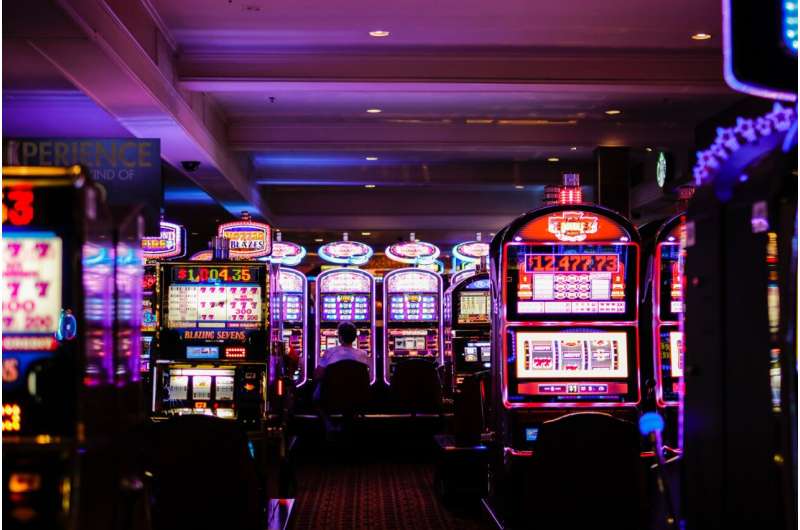This article has been reviewed according to Science X's editorial process and policies. Editors have highlighted the following attributes while ensuring the content's credibility:
fact-checked
peer-reviewed publication
trusted source
proofread
Study uses a gambling framework to show how past regrets can be viewed differently moving forward

When reflecting on one's life, it is not uncommon to say something along the lines of, "No regrets." It's seen routinely in popular culture, and the social media hashtag #noregrets is featured on millions of posts across Instagram and X, formerly known as Twitter.
Thanks to a new study from Temple University faculty member Crystal Reeck, the phrase may now be more than just a cliche.
Recently accepted for publication in the journal Cognition and Emotion, "Reining in regret: emotion regulation modulates regret in decision making" outlines how a person can reimagine their memories to ultimately change their past feelings of regret. The study was co-authored by Kevin LaBar, a professor of psychology and neuroscience at Duke University.
"Regret is really a great example of an emotion that can have a profound influence on decision-making. With regret, we often wish we had done something differently, and that then leads us to change our approach moving forward," said Reeck, associate professor of marketing and the associate director of the Center for Applied Research in Decision Making in Temple's Fox School of Business.
"And one of the reasons that folks get really interested in regret is because it tends to have these profound influences on people's behavior. That's especially true if we think about financial behavior, which can lead people to make suboptimal decisions. So, if I'm worried about a very small risk of losing a lot of money, it might lead me to avoid what would otherwise be a really good investment because I'm worried about anticipating that regret," Reeck added.
For the new study, Reeck and her colleague had 60 participants make several actual bets where they could win or lose actual money. Participants were encouraged to use two different emotional regulation strategies when making decisions that come with uncertainty. One of those strategies is what Reeck described as the portfolio approach, which can be helpful when thinking about past negative events.
"Essentially, you're going to win some and you're going to lose some when it comes to making decisions," Reeck said. "Don't worry about that, just try to come out ahead overall."
The other strategy Reeck had participants use was to focus on each gamble as if it was the only one that mattered. Not surprisingly, participants who used this approach were much more likely to experience a strong send of regret when things did not work out the way that they wanted.
However, participants who used the portfolio strategy ultimately had a much better outlook regarding the gambling exercise. When they lost, they were still appreciative of the times they won. Similarly, they recognized that they could have suffered far greater losses.
According to Reeck, that's the approach that people should use when looking at past regrets in life, too.
"When people look at their past decisions like that and instead focus on the good, they see that overall, they are coming out ahead. That's true for a lot of us," Reeck said. "We are all going to experience some losses. That's inevitable. But when you try to focus on the gains, it is easier to not be bogged down by past regrets."
More information: Crystal Reeck et al, Reining in regret: emotion regulation modulates regret in decision making, Cognition and Emotion (2024). DOI: 10.1080/02699931.2024.2357847
Journal information: Cognition and Emotion
Provided by Temple University





















